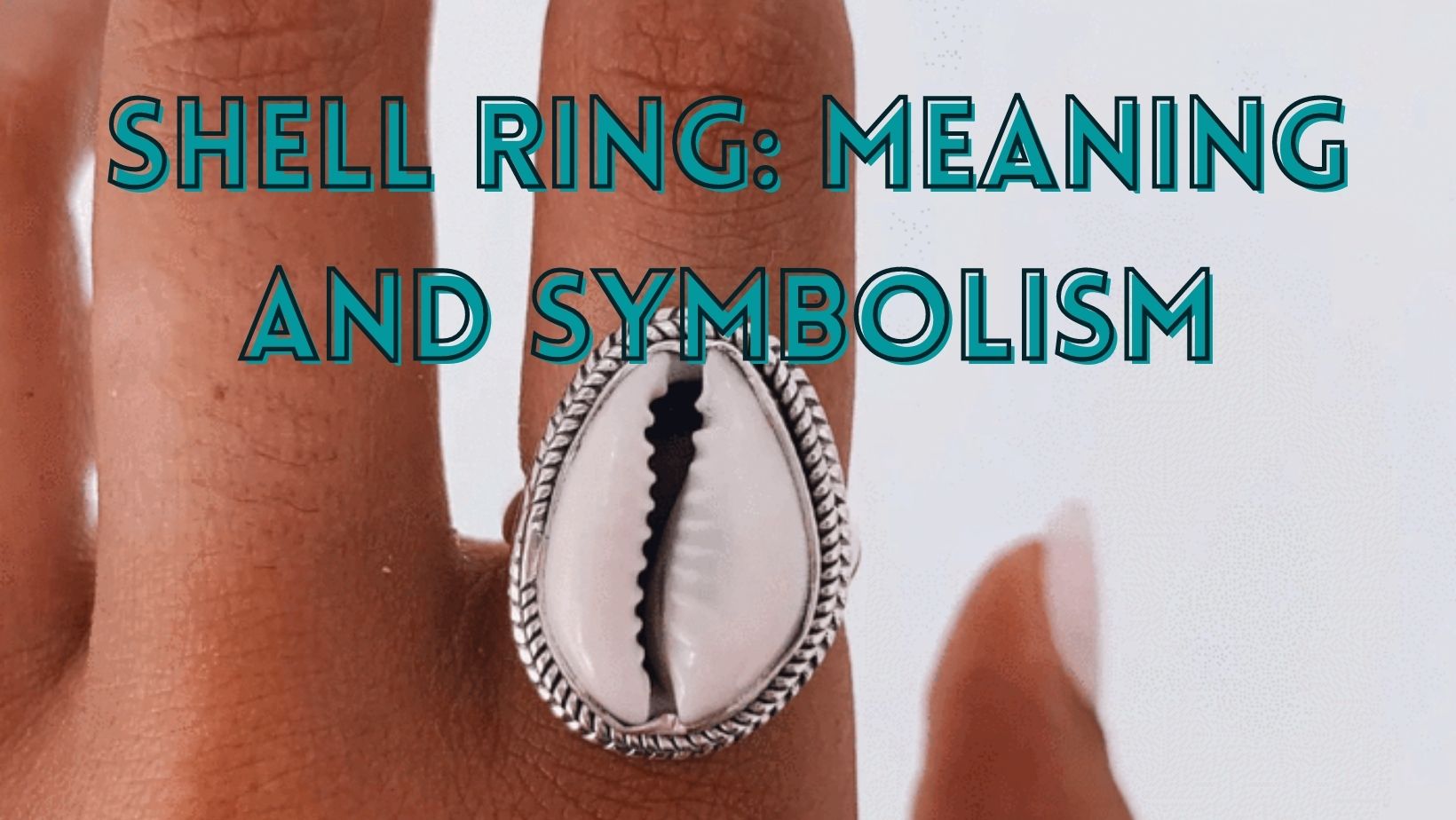Is Seahorse A Fish? - 8 Facts About Seahorses
In this article, we will be talking about seahorses, how they eat, where they live, and what keeps them from being one of the most different creatures on the planet. At the same time, we will include some interesting facts about them. So, buckle up your seat and prepare your pen and paper as we explore the life of a seahorse.
What Is A Seahorse?
A seahorse is any type of fish that comes from the genus Hippocampus. Hippocampus is from two ancient Greek words, Hippo means horse, and kampos means sea monster. They are called seahorses because of how closely they resemble the upper portion of a horse; seahorses also feature bony armors with an upright posture. Seahorses also have a curled prehensile tail which makes them a distinct creature in the animal kingdom.
8 Facts About Seahorses
Although they are known for their distinct appearance, there is still a lot about these marine creatures. Here are some interesting facts about seahorses. Read further down below to know if seahorse is a fish.
A love like no other
Seahorses are serial monogamists, meaning they only have one partner for the rest of their lives. And because of their heavy commitment to their partners, seahorses can pass through multiple reproductive cycles every season, making it possible to reproduce successful procreation from one season to the other.
One of their distinguishing characteristics is that they greet their partners every morning and engage in their rituals. Rituals such as twists and twirls for a couple of minutes and extends to an hour at most. Researchers believe that these forms of ritual behaviors strengthen their romantic affinity with their partners.
Male pregnancies
Female seahorses need not fret when we talk about gestation periods and labor. By far, one of the most distinctive characteristics of the seahorse and its Syngnathidae family is that the male seahorse goes through the pregnancy cycle and not the female ones. When seahorses mate, female seahorses lay their eggs inside the male’s oviduct.
Once the eggs are laid on this body part, male seahorses go into rest mode through the gestation cycle, which could last up to a few weeks or even months.
When it’s about time for the babies to be born, just like with female humans, male seahorses experience muscular labor contractions and expel their newborn babies right out of the pouch. As a result, the number of newborn seahorses can go around 5 to even a thousand!
Seahorses are terrible swimmers
Although their names have a horse in them, which is one of the fastest running animals on land, seahorses, on the other hand, are known as awful swimmers. This is because they are one of the slowest moving creatures in the water, and that is because they have these tiny little fins placed on their back that propels them in the water.
They are also delicate when the current is rough during storms, as they can only move so much. Unfortunately, this is also one of the reasons why so many seahorses die during rough seas.
Seahorses are dexterous
What they lack in swimming capability, they more than make up for it with their dexterity. Seahorses have great use of their tails that help them anchor to different types of corals and seaweed if they need rest.
On the fun side, they also tend to wrap their tails with their partners, so they don’t get far away from each other. It sounds cute, right? Although they aren’t great when it comes to travelling, they can attach themselves to various sea-moving organisms and get them to where they’re going.
Blends with nature
Seahorses have great camouflage abilities. This makes them avoid predation and help them glide through different paths underwater without being noticed. Although they only have a few predators, most aquatic creatures find them unappetizing, and their primary enemies are the crabs.
They follow a strict diet
Unlike other marine species in which they have a stomach and teeth, seahorses don’t. Instead, they have a distinct digestive system that digests food extremely fast, thus, requiring them to have a constant carnivorous diet that they feed on small marine creatures such as copepods, tiny fish, and various planktons.
After all, they are called Fish!
Due to their distinct appearance, a lot of people don’t consider their fish. However, they are called fish, after all. They have gills to breathe, have a swim bladder, and live in all types of water in the world. Their bony exterior allows them to avoid predation and makes other predators harder to feed on them. As mentioned before, their primary threat is crabs. We, humans too!
Seahorses need our help
Much like with other marine creatures, they depend on humans for them to have a good life. Man-made threats like overfishing, overexploitation, and many more cause these seahorse’s numbers to drop significantly. Another threat is global warming, in which all marine creatures are not safe. This is also man-made that has affected almost the entire animal kingdom.
On the good side, they aren’t considered endangered, but if these man-made threats continue to progress over the years, their numbers will soon dwindle along with almost all creatures on the planet. However, all hope is not lost. We can still save them and the rest of the animals in the world.
Wrapping Things Up
Is seahorse a fish? While these interesting facts gather up curiosity within seahorses, let us consider that these marine creatures thrive when the marine ecosystem is thriving. With proper conservation and protection among coral reefs and water systems worldwide, we ensure that all marine creatures are here to stay, and people can still be fascinated with all these marine creatures on the planet.




















Leave a comment
This site is protected by hCaptcha and the hCaptcha Privacy Policy and Terms of Service apply.